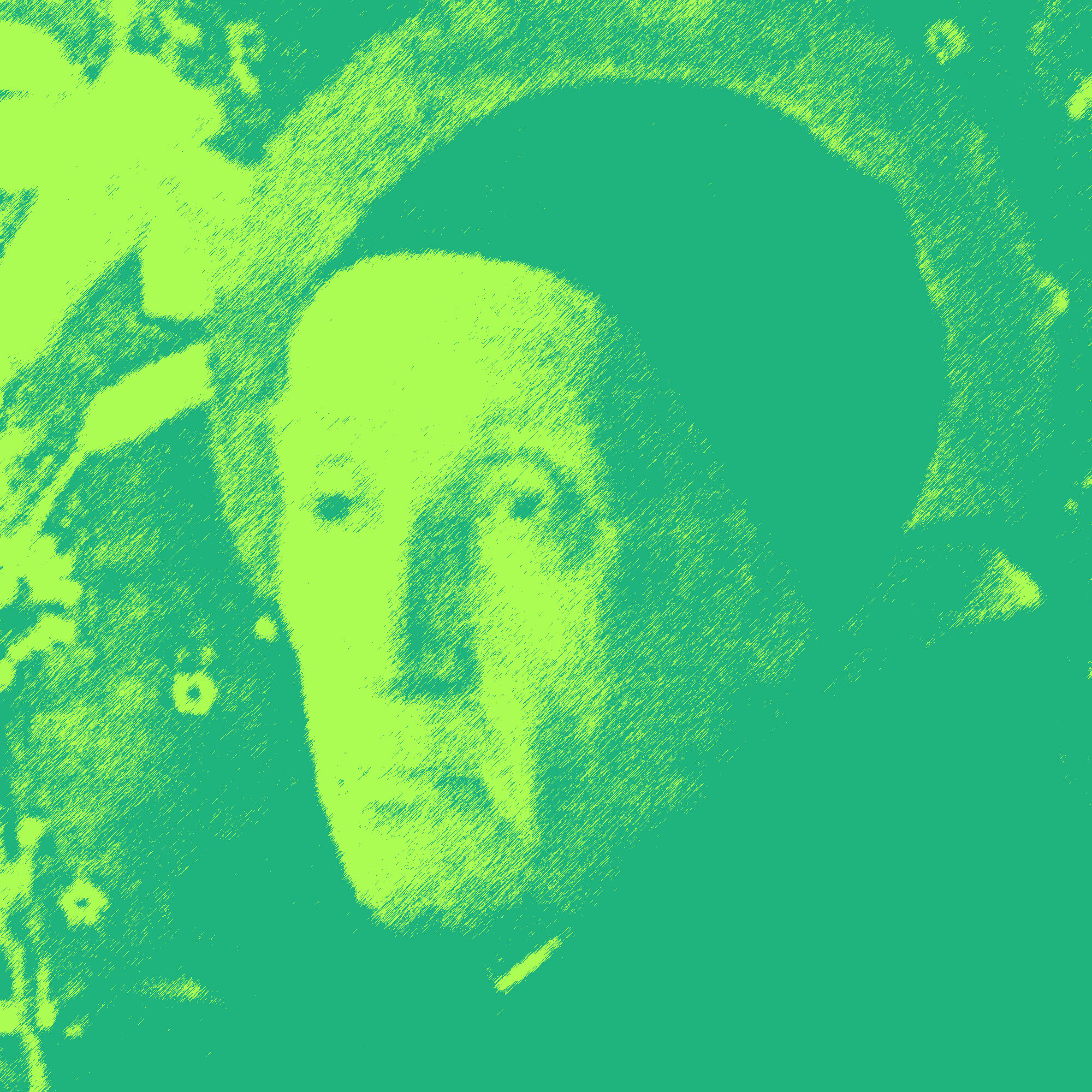
“To the extent that you eliminate ego from your activities, God comes into them - but no more and no less. Begin with that, and let it cost you your uttermost. In this way, and no other, is true peace to be found.”
— Meister Eckhart
MEISTER ECKHART
1260 - 1328
Eckhart von Hochheim OP (c. 1260 – c. 1328), commonly known as Meister Eckhart, was a German Dominican theologian, philosopher, and mystic, born near Gotha in Thuringia in the Holy Roman Empire. He joined the Dominican Order as a youth and rose to prominence as a preacher, scholar, and administrator during the early 14th century, a time of great religious and political tension.
Eckhart studied in Cologne and Paris, where he became a respected teacher of theology. He served in several senior positions within the Dominican Order, including as provincial prior in Saxony, and was recognized for his intellect, his organizational skill, and his ability to communicate deep theological ideas in ways that spoke to both clerics and lay audiences. His sermons, delivered in the vernacular German as well as Latin, reached beyond monastic circles and inspired lay spiritual movements such as the Friends of God.
At the center of Eckhart’s teaching was the direct experience of God within the soul. He emphasized detachment, inner stillness, and the birth of the divine Word in the soul as the path to union with God. His thought blended scholastic precision with mystical depth, drawing from Augustine, Aquinas, and Neoplatonic traditions while pioneering a language of interior spirituality that resonated with ordinary believers.
In his later years, Eckhart was accused of heretical teachings, particularly concerning the soul’s union with God and the interpretation of creation. In 1326 he was summoned before the Inquisition in Cologne, and in 1327 his case was referred to Pope John XXII at Avignon. Eckhart publicly defended his orthodoxy, submitting himself to the judgment of the Church, but he seems to have died before the verdict was rendered. A papal bull issued after his death condemned certain of his propositions, though not Eckhart personally.
For centuries his reputation remained shadowed by the trial, but since the 19th century he has been recognized as one of the great Christian mystics. His works have inspired theologians, philosophers, poets, and seekers alike, and he is widely studied for his integration of scholastic theology with mystical experience. Today, Meister Eckhart is celebrated both as a profound medieval thinker and as a spiritual teacher whose insights into detachment, divine presence, and inner transformation remain strikingly relevant.





